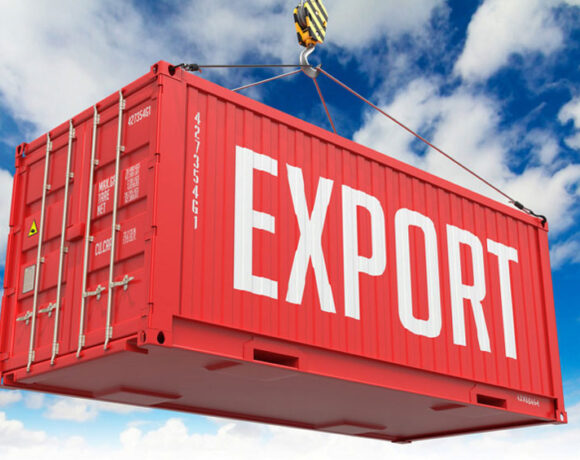Asian Countries Risk Losing $65bn In Apparel Exports

A new study by Cornell University’s Global Labour Institute (GLI) and Schroders, reveals extreme heat and flooding are threatening key apparel production hubs.
“Four countries vital for fashion production like Bangladesh, Cambodia, Pakistan and Vietnam risk missing out on $65 billion in export earnings and almost one million new jobs,” the study said.
The collaboration sought to analyse climate vulnerability of 32 production hubs and found that exposure to heat and flooding risk is widespread.
The study identified 32 centres for the production of garments for six international brands in Bangladesh, Cambodia, Pakistan, and Vietnam and mapped their climatic sensitivity.
It was discovered that the entire fashion business faces material dangers from flooding and heat, which may cause export revenues to drop 22 percent.
The researchers cautioned that these forecasts are anticipated to increase dramatically by 2050, representing around 69 percent in lost export revenues and 8.64 million fewer employment.
“Flooding and extreme heat pose a significant risk in global apparel production, whether workers, manufacturers, regulators, investors, and brands themselves,” said Jason Judd, Executive Director of Cornell University’s Global Labour Institute.
“But no one is factoring the on-the-ground costs of climate breakdown into their planning. The apparel industry and regulators have mostly framed their climate responses like emissions, water usage, and recycled fabrics,” he added
He expressed that climate loss and damage for manufacturers and workers are treated by brands as someone else’s problems and are ignoring the climate issues that may directly affect suppliers and workers.
“This is partly due to the fact that research on the physical hazards that climate change poses to businesses is still in its infancy, with few companies sharing enough information and few investors conducting accurate assessments,” the study pointed out.
“There are some brands which are not disclosing the factory locations of their suppliers,” said Angus Bauer,” Head of Sustainable Investment Research at Schroders.
The study pointed out several other vulnerable production centres like Colombo in Sri Lanka, Managua in Nicaragua, Chittagong in Bangladesh, Port Louis in Mauritius, Yangon in Myanmar, Delhi and Bangkok.














